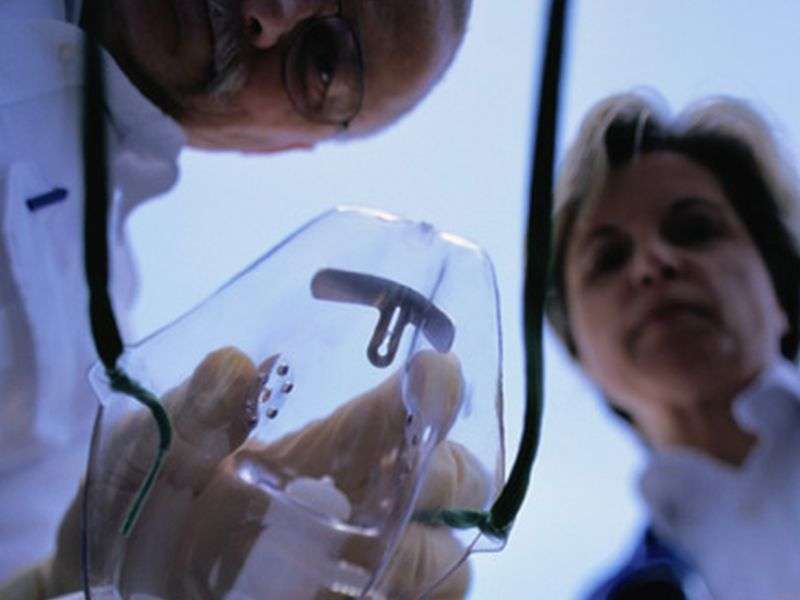Anesthesiologist reaction time increased after night call

(HealthDay)—For anesthesiologists, reaction time increases after a night call, with greater increases seen in correlation with reliance on avoidance as a coping mechanism, according to a study published online Nov. 30 in Pediatric Anesthesia.
Haleh Saadat, M.D., from the Nationwide Children's Hospital in Columbus, and colleagues examined the impact of sleep deprivation on reaction time in 23 anesthesiologists after an overnight call or regular working hours. Reaction time was assessed using the psychomotor vigilance test on a regular non-call day and after a 17-hour in-house call. Two anesthesiologists ended their participation for personal reasons.
The researchers found that, compared with a regular day, post-call psychomotor vigilance test mean reaction time decreased by an average of 31.2 ms. Coping Strategy Indicator scale scores indicated reliance on specific coping mechanisms, including problem solving, seeking social support, and avoidance. There was a correlation for greater reliance on avoidance with a greater increase in reaction time after night call.
"Reaction time increased considerably in anesthesiologists after a night call duty," the authors write. "Greater subjective reliance on avoidance as a coping strategy was associated with greater deterioration in performance."
More information: Full Text (subscription or payment may be required)
Copyright © 2016 HealthDay. All rights reserved.



















